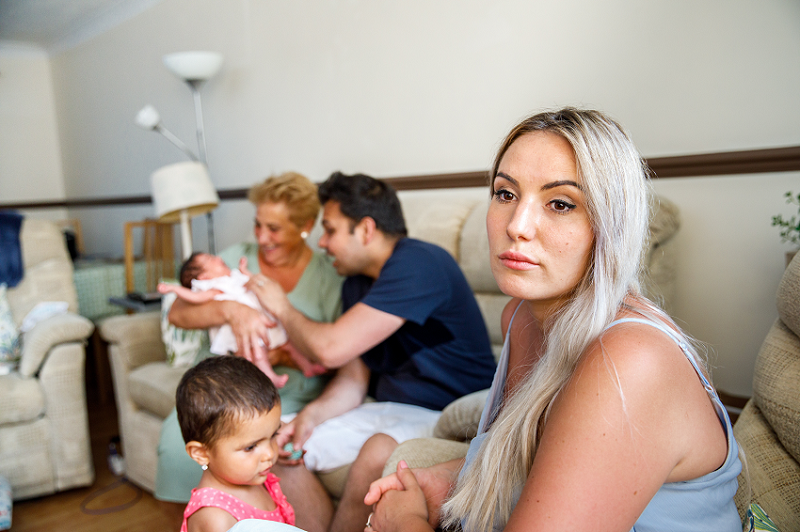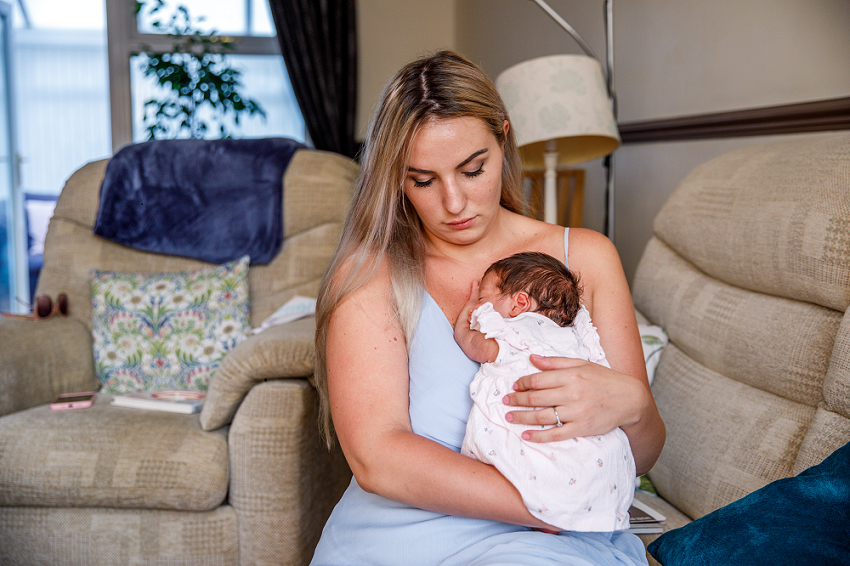Mum guilt is felt by many mums. With the never ending to do list, it is easy to worry about if there is something we have forgotten or to question if we are doing enough!
It can be difficult to find time for yourself, and when you finally do…you might find that you feel guilty about focusing on yourself!

Mum guilt is felt by many mums and parents.
For some parents, understanding why we experience guilt in the first place can help reduce the intensity of the guilt.
Why do so many parents carry this feeling of guilt?
For some parents, understanding why we experience guilt in the first place can help reduce the intensity of the guilt.
Firstly, we need to remember that there are no good or bad emotions. Some emotions do feel uncomfortable, but they all have a role. Emotions give feedback about the situations and relationships we are in.
For example, guilt motivates us to look after, and sometimes repair relationships. Imagine if I had eaten my best friend’s emergency stash of chocolate. I would probably feel guilty afterwards. Despite how much I wanted the chocolate, I also value my friendship. My guilt about eating the chocolate would motivate me to apologise to my friend. Guilt helps me to think from the other person’s point of view, and think about their needs in addition to my own. It might even stop me from eating the chocolate in the first place because I know the friendship is more important.
When we remember this, we can recognise guilt as a result of wanting to nurture the relationship with our child and the question of “Am I doing enough?”.
What happens when we become parents?
Why does this feeling of guilt step up a notch when we become parents? The answer is in our biology.
Our brains are wired in ways to help us survive. (You might have heard of the “fight or flight response” when we notice threats.)
When we become parents, these processes change to include thoughts about our baby. As parents, we need to remember that if we are about to run from danger, we should probably take the baby too!! So, thoughts about “Where did I leave my baby?” “Is my baby fed?” and “Are they safe?” are all examples of thoughts that show we are looking out for our children.
The problem is, the threats we feel in our modern world are less to do with running away from lions like in cave-man days (and I am thankful for that!)
Instead, it is more about wanting to keep up with other parents on Instagram or avoiding the disapproval of our family members. Our “mum-guilt” can start to work overtime with the added pressure to do everything perfectly.
Perfection just isn’t sustainable. I mean, has anyone really managed to keep their little one dressed in a coordinated outfit for an entire day? If you have, then that’s great! If you haven’t, you don’t need to beat yourself up for the one hundredth outfit change of the day – you’re still working hard to keep your baby safe and well. We can stop feeling guilty about feeling guilty.

Why does this feeling of guilt step up a notch when we become parents? The answer is in our biology.
Other feelings
Sometimes our mum guilt can morph into something else – shame.
Shame is when the thoughts become about me and who I am. So, guilt might appear with thoughts such as “I’m late for settling him for his afternoon nap. This food shop took a lot longer than I thought it would today, and we’re late getting home. I hope he can still settle down when we get back.”
Sometimes we internalise and hold in our guilt. When this happens, we might have thoughts such as “I’m such a terrible mum” or “I can never get anything right.” These are examples of feeling shame.
Our thoughts are not just about the current situation, we expand them and interpret them as a reflection of our character. It is easier to spot this when written out like this. However, when these thoughts pop into our head, we rarely stop and challenge them. We might just accept them as fact, when actually, the thought is not a true reflection. These thoughts can weigh heavy on our minds and really knock our self-esteem.
Writing the thoughts down can help us stop replaying them in our heads. Some people prefer to use symbols or pictures rather than writing words. It gives an opportunity to notice our thoughts, challenge them, and let them go. Having the thought “I am a bad mum” doesn’t make me a bad mum. However, it is easy to hold onto the thought when it pops into our heads. Letting the thoughts go can take practice.
Warning signs
There are other signs to look for that might suggest our mum-guilt is working overtime and becoming a problem for us:
When you notice guilt appearing it can be helpful to remind yourself that you’re doing the best you can.
If you notice guilt is getting you down, then you don’t need to suffer alone. You might be surprised how many other mums have similar thoughts.
If you notice that you are feeling a lot of shame or feelings of guilt are becoming a problem, it may be time to seek support. You can talk to your health visitor, midwife or another professional who might be able to help you.
For more about letting go of difficult thoughts watch this video:
